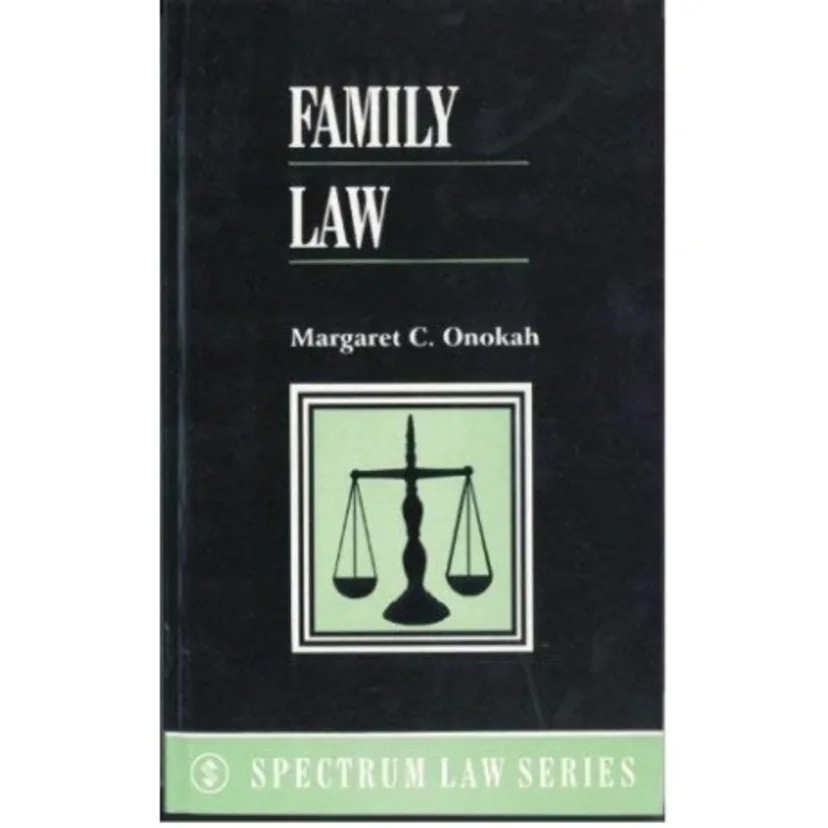Description
Law transfers often have not been successful because they didn’t fit with the local
legal culture. Of course, such local legal cultures may be stronger in some areas, such
as family law, than in others, such as air traffic regulation. This paper will study the
effect of legal transfers from Europe to Africa in the area of family law, as this is the
area of law which is generally considered to be the most closely linked with local
cultures. Examples will be drawn from several African countries, with an emphasis
on Nigerian law.2
In the course of history and in all cultures, family law used to be the core of local
customary law, applying uniformly and in a compulsory way to the whole
community. Ancestors are living in the (invisible) spirit world, which will be
connected to the ‘real world’ through the family. By this, family rules exceeded by
far what we are used to calling ‘law’ today. They were, and largely still are, part of a
much broader world view, encompassing metaphysical concepts and views. By not
following certain rules, people feared that they may make the spirits angry, or
disturb the natural balances, or offend the gods. ‘Family law’ in those societies
cannot be developed as a purely rational set of rules, independent of that
metaphysical framework which governs the society.
The societies that have best kept this link are the Islamic ones, where the Qur’an and
the Islamic rules, varying as to the schools within the Islamic tradition, remain the
basis for the law, including family law.
General Inquiries
There are no inquiries yet.















Reviews
There are no reviews yet.